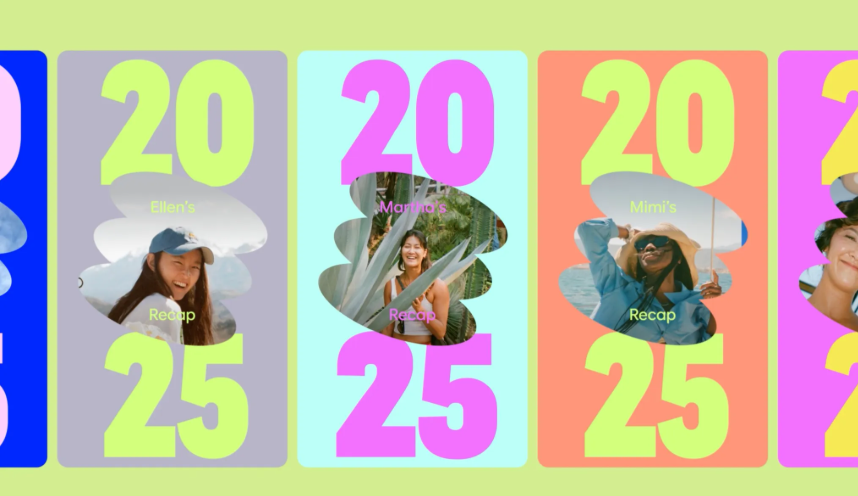At the recent OpenAI DevDay 2025 conference, OpenAI announced an exciting update - ChatGPT will introduce a new "Apps" system. This move will completely change the way users interact with AI, allowing them to directly use various third-party services within chats, such as hotel bookings, design generation, and music playback. This development marks that ChatGPT is evolving from a single conversation tool into a feature-rich application platform.
Users can easily use these apps without switching interfaces while chatting with ChatGPT. For example, you just need to type "Spotify, play study playlist," and ChatGPT will quickly activate Spotify to complete the task for you. In relevant contexts, the system will also actively recommend available apps, such as suggesting using Expedia or Booking services when discussing travel plans. When first using these apps, users need to confirm authorization to ensure data access is transparent and controllable.

The initial partners include Booking.com, Canva, Coursera, Expedia, Figma, Spotify, and Zillow, among others. These collaborations will provide users with more convenient services, and more apps will be launched throughout the year.
Aside from the app system, OpenAI also released the Apps SDK (preview version), allowing developers to build ChatGPT apps based on the open standard Model Context Protocol (MCP). This open-source SDK enables developers to connect external data sources to the AI system, meaning these apps can not only run in ChatGPT but also on other platforms supporting MCP.
OpenAI stated that in the coming months, they will open an app directory, launch support for enterprise and education versions, and plan to introduce app submission review and monetization mechanisms to further improve this ecosystem. These innovations mean that ChatGPT is gradually transforming from a simple language model interface into an "AI application operating platform" that combines tools, services, and content.
This transformation not only brings a richer user experience for ordinary users, but also provides new opportunities for developers. Everyone can look forward to a smarter and more convenient future.








